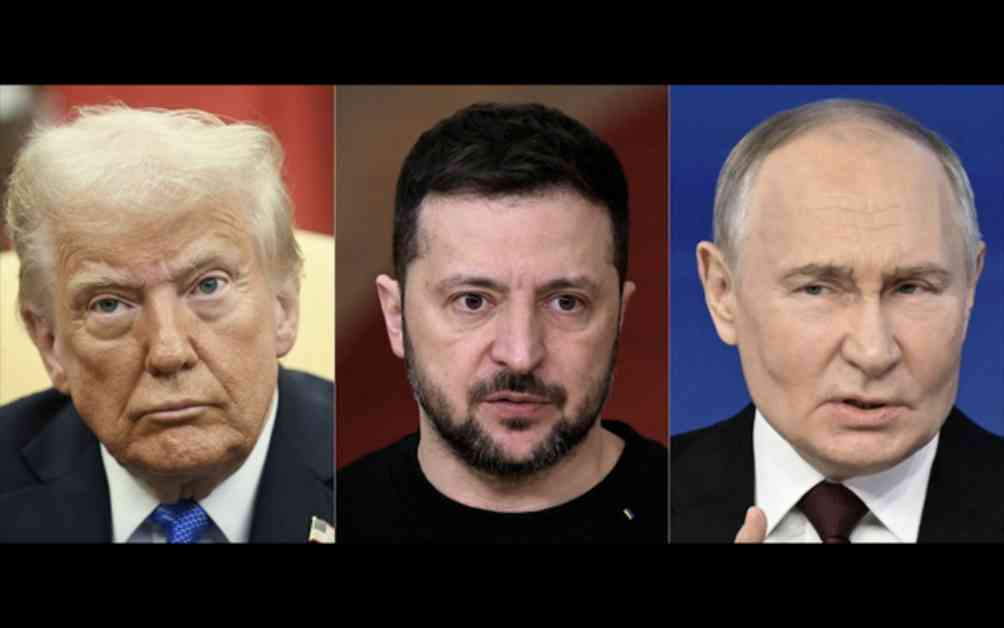The escalating tensions between the United States and Russia have brought to light key Russian demands that could potentially end the war in Ukraine. These demands include supporting the Kremlin’s four-point “peace plan,” which may compromise Ukraine’s position, and promoting a narrative that calls for the removal of Ukrainian President Volodymyr Zelensky. The recent reports and documents reviewed by Kyiv Post indicate a shift in Washington’s stance towards Russia, raising concerns among Ukrainian officials.
US Shift Towards Russian Demands
Recent interviews with senior Ukrainian officials and reviewed documents reveal that the US is leaning towards accepting Russian demands to end the conflict in Ukraine. This shift includes supporting the Kremlin’s proposed peace plan, which may have detrimental implications for Ukraine’s sovereignty. The documents suggest a growing receptiveness in Washington to Moscow’s narrative on the origins of the war, a narrative that Russia is actively promoting to Western audiences.
According to sources, the Kremlin is confident that the US is prepared to meet its demands, which could involve removing Zelensky as a prerequisite for any peace agreement. This apparent change in US policy is attributed to direct talks between President Donald Trump and Russian leader Vladimir Putin, ongoing negotiations in Saudi Arabia, and improving US-Russia relations. The Kremlin’s peace plan includes several non-negotiable demands that Washington seems open to conceding, signaling a potential shift in the diplomatic landscape.
Russian Demands and Disinformation Campaign
The four major points of Moscow’s peace plan that have garnered interest in Washington include terminating Western military support to Ukraine, recognizing Russian-controlled territories, reinstating Russian culture, language, and church prominence in Ukraine, and returning to the terms of the Istanbul agreement. These demands could significantly impact Ukraine’s sovereignty and undermine its interests in the region.
In addition to the peace plan, the Kremlin has intensified a disinformation campaign aimed at discrediting Zelensky and portraying him as an obstacle to ending the conflict. Russian media has been instrumental in spreading narratives that question Zelensky’s legitimacy and obstruct peace negotiations. This campaign, targeting US audiences, seeks to erode American support for Ukraine and sway public opinion towards Kremlin-backed narratives.
Experts and officials confirm that Russia’s efforts to oust Zelensky and influence US policy towards Ukraine are part of a broader strategy to destabilize the region and establish a more Moscow-friendly government in Kyiv. The global implications of these developments have raised concerns among US allies, particularly the British, who have expressed dismay over the swift change in US support for Ukraine.
The recent shift in Washington’s stance towards Moscow has sparked transatlantic tensions and drawn criticism from allies. The White House and State Department have yet to comment on the situation, leaving many questions unanswered. As political tensions continue to escalate, the implications of US-Russia relations on the future of Ukraine remain uncertain.
Jason Jay Smart, a political adviser with extensive experience in Eastern Europe and Russia, provides insights into the geopolitical dynamics at play in the region. His firsthand experience and expertise shed light on the complexities of the situation and the challenges facing Ukraine in the midst of evolving US-Russia relations.

















